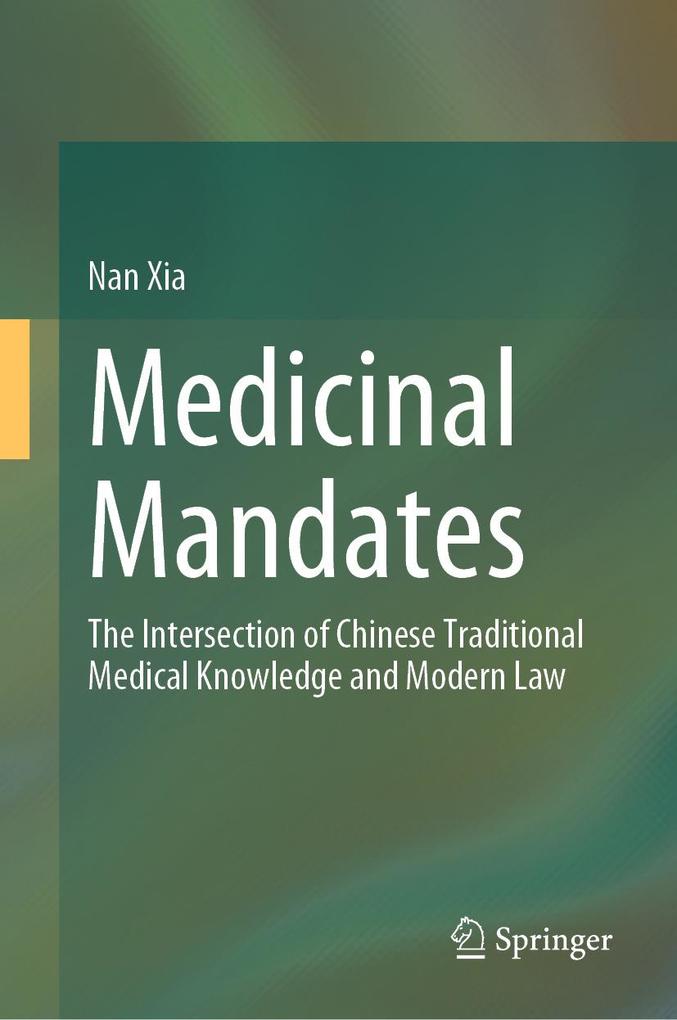
Sofort lieferbar (Download)
This book provides an in-depth analysis of Traditional Medical Knowledge (TMK) in China, focusing on its preservation, responsible use, and integration into modern intellectual property (IP) frameworks. It explores the unique challenges of protecting TMK within China's historical, cultural, and societal contexts, while also considering alternative regulatory mechanisms like Access and Benefit-Sharing (ABS) regimes and TMK databases. Through case studies such as the commercialization of Qinghao, the book examines the role of TMK in pharmaceutical innovation and critiques the applicability of Western IP systems to Chinese TMK. It also discusses the need for culturally sensitive legal reforms, offering practical insights for scholars, policymakers, and practitioners interested in IP law, traditional medicine, and cultural preservation. This work is enriched with comparative legal analyses and detailed examples, providing a clear understanding of the complexities surrounding TMK in China and its impact on both cultural heritage and innovation.
Inhaltsverzeichnis
Introduction. - Internal conflicts regarding traditional medical knowledge in china. - Protecting chinas traditional medical knowledge intellectual property as a square peg in a round hole. - Pharmaceutical industry influence traditional medical knowledge and the evolution of ip governance in china. - Establishing an access and benefit sharing mechanism for traditional medical knowledge management a novel approach in china. - Challenges in developing the tmk information systems in china exploring the past illuminating the present and implications for future. - Findings and conclusion.
Produktdetails
Erscheinungsdatum
24. April 2025
Sprache
englisch
Seitenanzahl
312
Dateigröße
6,45 MB
Autor/Autorin
Nan Xia
Verlag/Hersteller
Kopierschutz
mit Wasserzeichen versehen
Produktart
EBOOK
Dateiformat
PDF
ISBN
9789819641086
Entdecken Sie mehr
Bewertungen
0 Bewertungen
Es wurden noch keine Bewertungen abgegeben. Schreiben Sie die erste Bewertung zu "Medicinal Mandates" und helfen Sie damit anderen bei der Kaufentscheidung.









